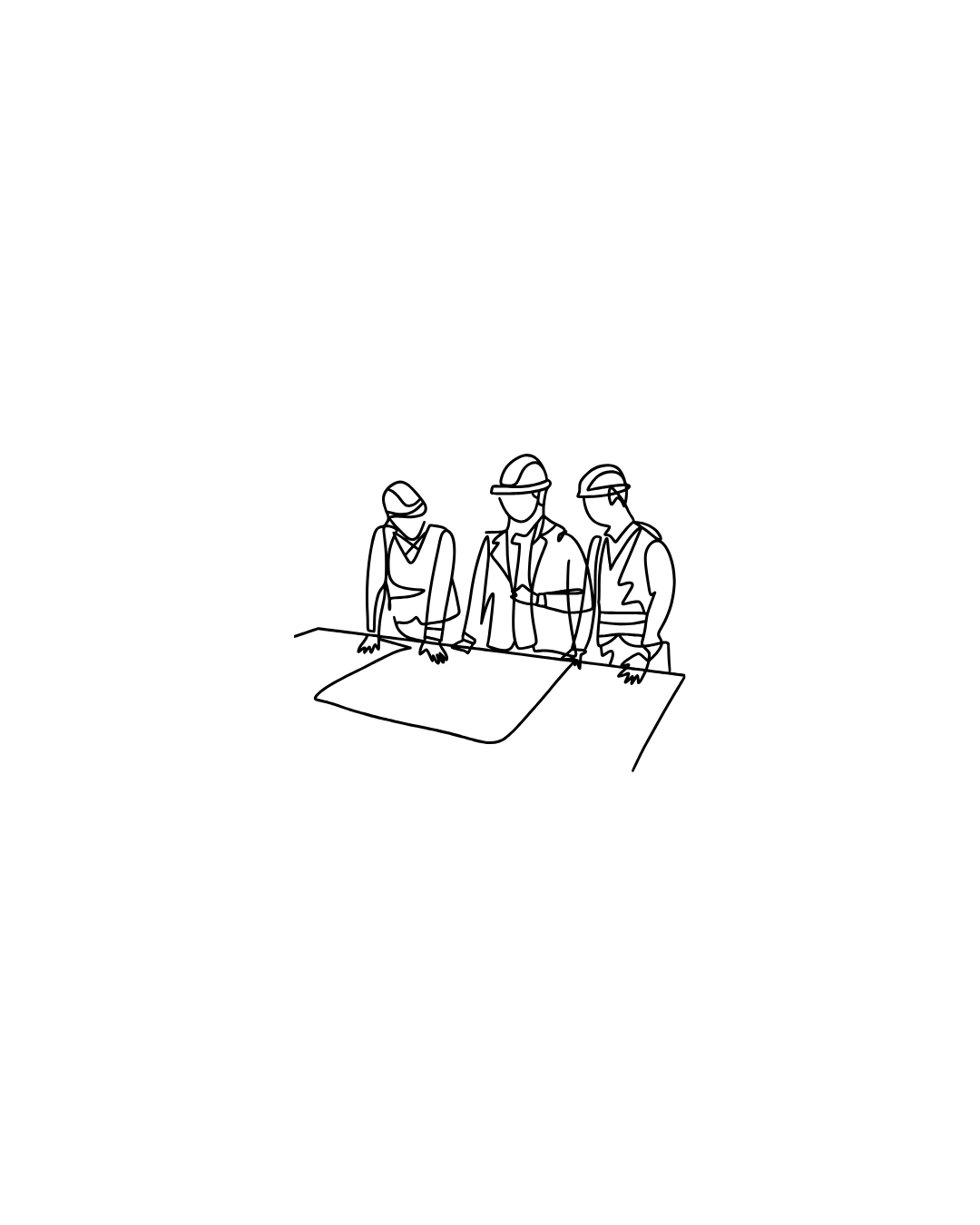Description
A Bachelor of Technology – Lateral Entry (B.Tech-LE) in Civil Engineering is designed for students who hold a diploma in civil engineering or a related field, allowing them to enter directly into the second year of the Bachelor of Technology program. This degree provides the knowledge and skills required to design, construct, and maintain infrastructure such as buildings, roads, bridges, and other civil structures.
Curriculum Overview
The curriculum for a B.Tech-LE in Civil Engineering typically combines theoretical knowledge with practical application. Here are some common subjects and areas of study in this program:
Engineering Mathematics:
Advanced mathematical concepts and techniques used in engineering problem-solving.
Engineering Mechanics:
Fundamentals of forces, equilibrium, motion, and their applications in civil engineering.
Structural Analysis:
Study of how structures behave under various loads and forces, including analysis of beams, frames, and trusses.
Construction Materials:
Overview of materials used in construction, their properties, and applications in civil engineering projects.
Geotechnical Engineering:
Examination of soil properties, behavior, and their application in foundation design and earthworks.
Surveying:
Techniques for measuring distances, angles, and elevations to determine land and site layouts.
Fluid Mechanics:
Principles governing fluid behavior and its application in hydraulic systems and environmental engineering.
Transportation Engineering:
Study of transportation systems, traffic flow, highway design, and infrastructure planning.
Environmental Engineering:
Planning and design of systems for water supply, wastewater treatment, and sustainable development.
Structural Design:
Design principles for constructing safe and efficient buildings and other structures using various materials (e.g., steel, concrete).
Project Management:
Skills for planning, executing, and managing engineering projects, including cost estimation and scheduling.
Building Services Engineering:
Overview of services such as electrical, plumbing, and HVAC (heating, ventilation, and air conditioning) in building design.
Capstone Project/Internship:
A practical project or internship that enables students to apply their engineering knowledge in real-world settings, often involving collaboration with industry partners.
Career Opportunities
Graduates with a B.Tech-LE in Civil Engineering can explore a wide range of career opportunities in various sectors, including construction, infrastructure development, municipal services, and environmental consulting. Some potential job roles include:
Civil Engineer: Designing and overseeing construction projects, ensuring they meet specifications and regulations.
Structural Engineer: Focusing on the design and analysis of structures to ensure they are safe and stable.
Geotechnical Engineer: Analyzing soil and rock properties to inform foundation design and other earthwork projects.
Transportation Engineer: Planning and implementing transportation systems to improve mobility and safety.
Construction Manager: Overseeing construction projects from start to finish, managing resources, schedules, and budgets.
Environmental Engineer: Developing solutions for environmental protection, including waste management and pollution control.
Project Manager: Leading engineering projects, coordinating teams, and ensuring timely delivery of construction activities.
Surveyor: Conducting land surveys and providing essential data for engineering projects.
Quantity Surveyor: Estimating costs and managing budgets for civil engineering projects.
Urban Planner: Working on land use planning and development projects to create sustainable urban environments.
Further Education
Graduates may choose to pursue a Master’s degree in Civil Engineering or specialized areas such as Environmental Engineering, Structural Engineering, or Transportation Engineering for further career advancement. Professional certifications, such as those offered by engineering boards or professional organizations, can also enhance job prospects.
If you have any further questions about the curriculum, potential career paths, or other aspects of a Bachelor of Technology – Lateral Entry in Civil Engineering, feel free to ask!









